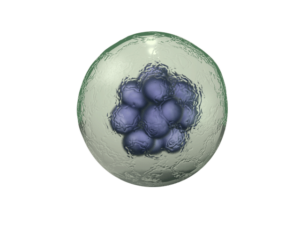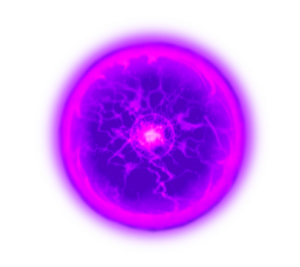What is Anxiety?
Anxiety is a normal and common emotional response characterized by feelings of unease, worry, and fear. It is a natural part of human life and can serve as a protective mechanism, alerting us to potential threats or dangers. However, when anxiety becomes persistent, excessive, and interferes with daily functioning, it may indicate an anxiety disorder.
Anxiety disorders are a group of mental health conditions that involve excessive and uncontrollable anxiety, leading to significant distress and impairment in various areas of life. Common types of anxiety disorders include generalized anxiety disorder (GAD), panic disorder, social anxiety disorder (social phobia), specific phobias, and separation anxiety disorder.
Symptoms of Anxiety
Symptoms of anxiety can vary from person to person, but common manifestations include:
- Excessive worrying and apprehension
- Restlessness or feeling on edge
- Irritability
- Difficulty concentrating or focusing
- Fatigue or low energy
- Muscle tension or aches
- Sleep disturbances, such as trouble falling asleep or staying asleep
- Racing thoughts or intrusive thoughts
- Physical symptoms, such as rapid heartbeat, sweating, shortness of breath, and dizziness.
Anxiety can be triggered by various factors, including life stressors, traumatic experiences, genetic predisposition, imbalances in brain chemistry, or underlying medical conditions. It can significantly impact daily life, relationships, work or school performance, and overall well-being.
Fortunately, anxiety disorders are treatable, and various approaches can help manage and alleviate symptoms. These may include therapy (such as cognitive-behavioral therapy), medication, relaxation techniques, stress management strategies, lifestyle modifications, and support from healthcare professionals or support groups.










